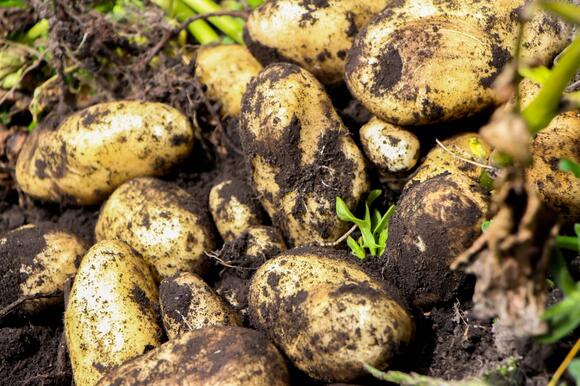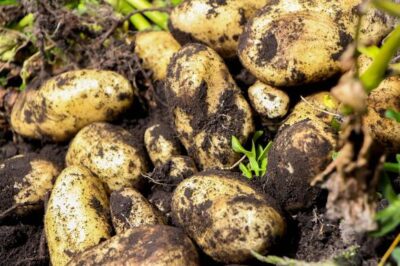
A Global Celebration of the Humble Potato
On May 30, 2025, the world comes together to celebrate the International Day of Potato, a day dedicated to honouring the potato’s significant role in global food security, nutrition, and sustainable agriculture. Recognized by the United Nations and coordinated by the Food and Agriculture Organization (FAO), this observance highlights the potato’s journey from its origins in the Andes to becoming a staple food for billions worldwide. With over 5,000 varieties cultivated across 159 countries, the potato’s versatility and adaptability make it a cornerstone of global diets and economies.
Nutritional Value and Global Consumption
Potatoes are more than just a comfort food; they are a vital source of nutrition for approximately two-thirds of the global population. Rich in carbohydrates, vitamins, and minerals, potatoes provide essential nutrients that support health and well-being. Their ability to thrive in diverse climates and soil conditions makes them a reliable crop, especially in regions facing challenges related to food security and climate change. As the third most consumed food crop globally, after rice and wheat, potatoes play a crucial role in feeding the world.
Economic Importance and Livelihoods
Beyond their nutritional benefits, potatoes are a significant economic asset. In rural areas, particularly in developing countries, potato farming supports the livelihoods of millions of small-scale and family farmers. The crop’s relatively short growing cycle and high yield per hectare make it an attractive option for farmers seeking to maximize productivity and income. Additionally, the potato industry supports various value chains, including processing, packaging, and distribution, creating employment opportunities and contributing to local economies.
Environmental Sustainability
The potato’s environmental impact is relatively low compared to other staple crops. It requires less water and land per calorie produced, making it an environmentally sustainable choice for agriculture. Moreover, potatoes can be grown in a variety of ecosystems, from high-altitude regions to arid zones, demonstrating their resilience and adaptability. However, challenges such as soil degradation, water scarcity, and climate change pose threats to potato production. Addressing these issues through sustainable farming practices and research is essential to ensure the continued viability of potato cultivation.
Genetic Diversity and Climate Resilience
One of the potato’s most remarkable features is its genetic diversity. With thousands of varieties adapted to different climates and growing conditions, potatoes offer a reservoir of traits that can be leveraged to enhance resilience against pests, diseases, and climate-related stresses. The conservation and utilization of this genetic diversity are vital for the future of potato farming. Initiatives like the Potato Park in the Peruvian Andes exemplify efforts to preserve indigenous knowledge and traditional farming practices while safeguarding the genetic resources of native potato varieties.
Culinary Diversity and Cultural Significance
Potatoes have transcended cultural boundaries, becoming an integral part of cuisines worldwide. From the spicy aloo tikki of India to the creamy mashed potatoes of the United States, the potato’s versatility allows it to be prepared in countless ways, reflecting the culinary traditions of different cultures. Celebrating the International Day of Potato also means appreciating the cultural significance of this humble tuber and its role in bringing people together through shared meals and traditions.
Innovations and Future Prospects
Looking ahead, the future of potato cultivation holds promise through innovations in agricultural practices and technology. Advances in breeding techniques, pest management, and sustainable farming methods aim to increase yields, improve disease resistance, and reduce environmental impacts. Furthermore, the development of value-added products, such as biodegradable packaging made from potato starch, showcases the potential of potatoes beyond the dinner plate. Embracing these innovations can unlock new opportunities for farmers and contribute to a more sustainable and resilient food system.
Conclusion
The International Day of Potato serves as a reminder of the potato’s enduring importance in our diets, economies, and cultures. As we celebrate this versatile crop, it is an opportunity to reflect on the challenges and opportunities that lie ahead in ensuring its sustainable production and consumption. By supporting research, promoting sustainable farming practices, and appreciating the cultural significance of potatoes, we can contribute to a future where this humble tuber continues to nourish and sustain communities worldwide.








































Leave a Reply